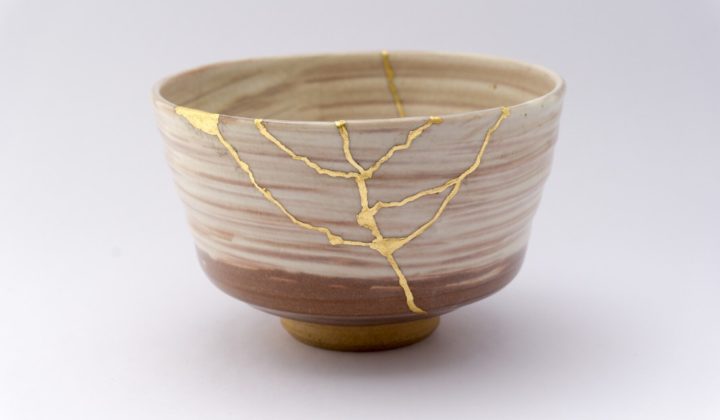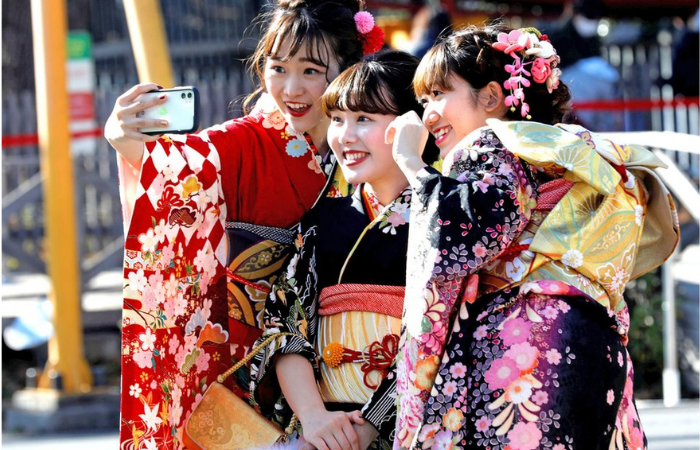This post is also available in:

You’ve been on a few dates, things seem to be going well– but is it a real relationship? Well, without a kokuhaku, chances are: probably not. One of the biggest differences between dating in Japan and in America is the concept of a ‘love confession’.
A love confession, or kokuhaku is common practice and more often than not is the precursor to starting a serious relationship. But what exactly is kokuhaku?
I love you, or I like you?
Kokuhaku directly translates to “confession”, and are common place not only in TV shows and movies, but also in the real world of dating in Japan. But what does it mean?
In English, we have two different phrases “I love you,” and “I like you,” both hold a different meaning and are used at different points in a relationship. Generally for English speakers “I love you” carries quite a bit of weight and is usually reserved for later in a relationship. In Japanese, the word “suki” can mean both “like” and “love”. So when you confess your feelings using “suki” or “daisuke” (I really like) what does this mean?
Since kokuhaku is just the act of confessing itself, the contents of the confession are up to the speaker. The typical confession however, would be closer to the English “I like you” or “I really like you”. It is expressing your seriousness in the relationship, but not declaring that you are completely “in love” with somebody too early in a relationship. Don’t make the mistake of saying “aishiteru” too early! This is much closer to the English meaning of “I love you” and is reserved for very serious conversations about your feelings, much later on in a relationship.
Let’s be Exclusive!
Generally, a relationship is not viewed as serious or exclusive until kokuhaku is given. Typically in the West, women wait for men to take the lead on a confession, but in Japan its equally common for men and for women to confess their feelings. Either party in the relationship can make this confession, and it generally means that you are hoping for a serious relationship with this person. Even if you are only casually dating, after confessing your feelings, any dates with another person could be viewed as cheating.
However kokuhaku can be given before any sort of dating begins! Many people confess their feelings as a precursor to any sort of dating. This is more common for students and younger people, but can happen organically at any early point in a relationship.
For adults, kokuhaku also can show that you are ready for a future together, and that the relationship has the possibility of leading to marriage. Many older people in Japan won’t bother dating someone unless they are serious about marriage later down the road, and this can be expressed in your love confession.
How to Make a Confession
So, you’ve decided it’s time to give your confession. Giving kokuhaku can seem daunting to foreigners, as it is a seemingly formal tradition. The problem is, everyone is nervous about kokuhaku. So if you’re waiting for your date to confess, they may also be waiting for you.
The best advice is be direct, sincere, and brave! Gathering up the courage to confess your feelings is much more difficult than the confession itself. Read the atmosphere, if it feels like a good time to tell her how you feel, go for it!
Some tips for a successful confession are:
- Try to have this conversation in a private place, confessing your feelings in public or in front of a group of friends can be embarrassing for everybody.
- Don’t text it! A confession is much more meaningful when it comes from you directly, not through a message.
- Don’t show her your pay slip– you’d be surprised how many men think this is a good idea.
When should you confess? Well, there is no exact answer for the “right” or “wrong” time. Most agree that you shouldn’t date too long without confessing your feelings, as it can seem as if you aren’t serious, or are just playing around with your date. People like to start relationships with people who are serious, and have clear intentions, and kokuhaku allows those intentions be known.
Why Confess?
The whole tradition of kokuhaku may seem strange to foreigners, but it’s not too different than asking someone you’re dating if they would like to be exclusive. It makes you nervous, you may fear rejection, and it can be a big step in a relationship.
Love confessions create an opening for clear communication in a relationship, it can be endlessly frustrating to continue going on casual dates and not know how the other person feels, or if they are serious about the relationship. Kokuhaku clears the air and makes very little room for misinterpretation.
Check out other articles in this series:
[:en]Series! About Dating in Japan: Article 5 of 6: 4 Tips to Plan the Perfect Christmas Date[:]
Series! About Dating in Japan: Article 6 of 6: All you need to know about Japanese weddings!








